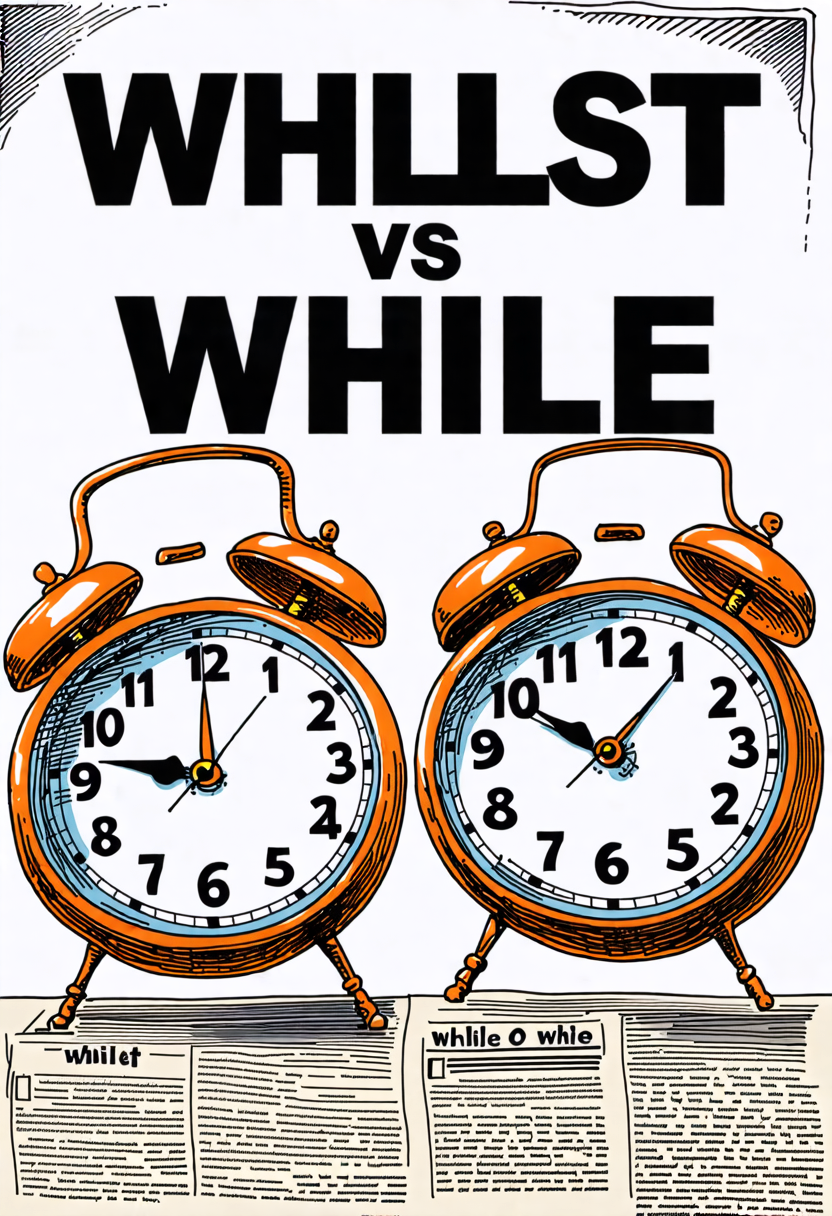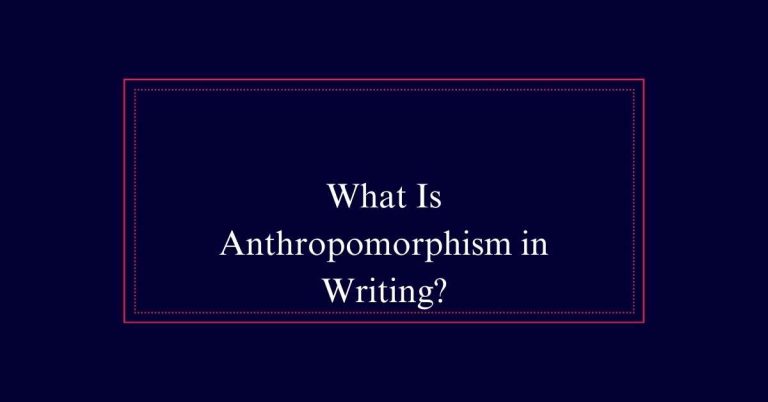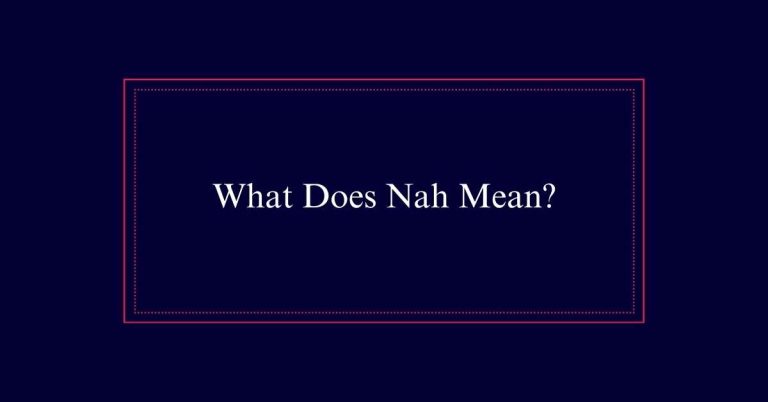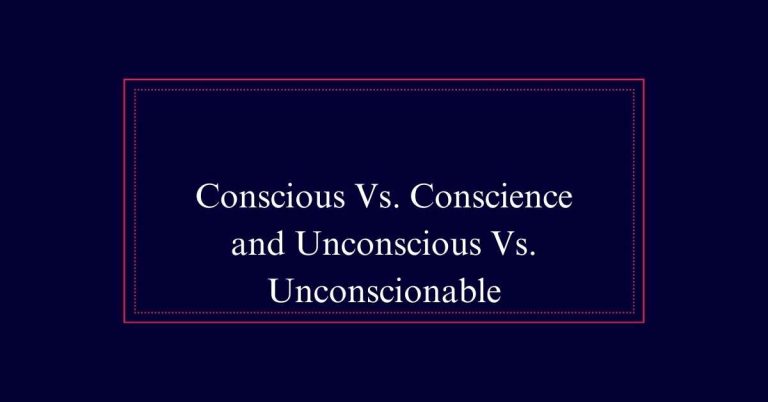Whilst Vs. While
Both ‘whilst’ and ‘while’ are correct, serving as interchangeable conjunctions or adverbs to introduce simultaneous actions, such as “She read a book while waiting for the train.” However, regional preferences play a significant role. In British English, ‘whilst’ is more common, whereas in American English, ‘while’ is preferred. Additionally, ‘while’ can function as a noun or verb, unlike ‘whilst.’
Interchangeable Usage
Whilst and while are generally interchangeable when used as conjunctions or adverbs. Both words can introduce clauses indicating simultaneous actions or conditions. For example, ‘She read a book while waiting for the train’ and ‘She read a book whilst waiting for the train’ convey the same meaning.
Similarly, as adverbs, they denote the same temporal aspect, as in ‘We chatted for a while’ or ‘He whilst away the hours.’ Despite their similarity, the choice between whilst and while often depends on regional preferences, with Brits favoring whilst and Americans typically using while.
Understanding this interchangeability is essential for maintaining grammatical accuracy and stylistic consistency in writing.
Regional Preferences
Regional preferences play a significant role in the choice between using ‘whilst’ and ‘while.’ This distinction is important for effective communication and understanding. Different regions have their own linguistic tendencies, which influence word choice.
To illustrate these preferences, consider the table below:
| Region | Preferred Term | Example Sentence |
|---|---|---|
| UK | Whilst | ‘Whilst he was studying, she read.’ |
| US | While | ‘While he was studying, she read.’ |
| UK | Whilst | ‘He worked whilst listening to music.’ |
| US | While | ‘He worked while listening to music.’ |
| UK | Whilst | ‘Whilst waiting, she called her friend.’ |
American Vs. British Usage
The primary distinction between ‘whilst’ and ‘while’ lies in regional preferences, with ‘whilst’ commonly used in British English and ‘while’ in American English. Despite their interchangeable usage, each term is more prevalent in its respective dialect.
Understanding these preferences helps in appropriate usage and enhances communication clarity.
Key differences include:
- Regional preference: ‘Whilst’ for British, ‘while’ for American.
- Formal tone: ‘Whilst’ is perceived as more formal.
- Frequency: ‘While’ is more common in both dialects.
- Literature: ‘Whilst’ often appears in British literary works.
- Modern usage: ‘While’ is preferred in contemporary writing.
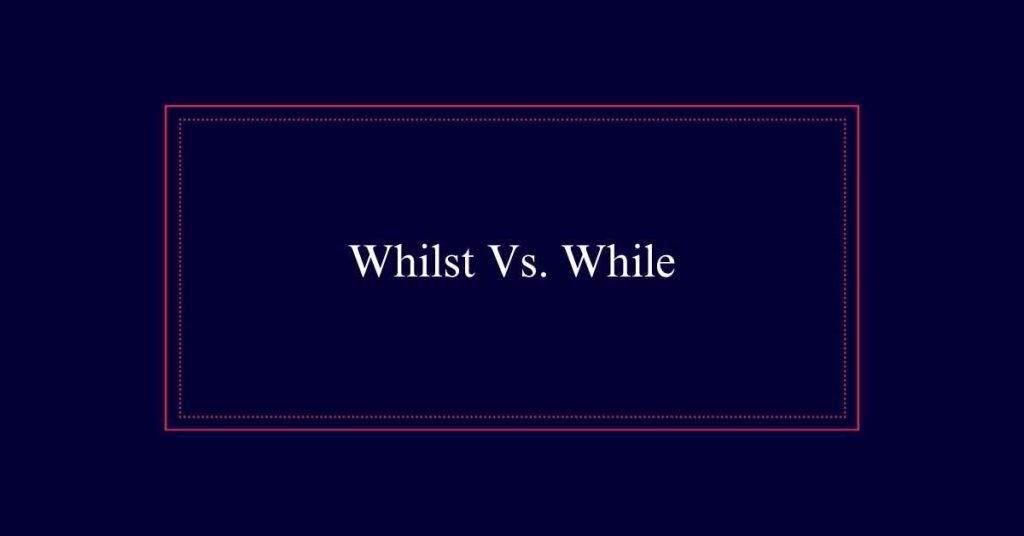
While as a Noun
In English, ‘while’ can also function as a noun, referring to a period of time. For example, one might say, ‘I waited for a while,’ or ‘It took a while to complete the task.’ In these sentences, ‘while’ signifies a duration or span. This usage is different from its function as a conjunction or adverb.
As a noun, ‘while’ is always singular and often preceded by an article like ‘a.’ It is important to note that ‘whilst’ cannot be used in this manner.
While as a Verb
Beyond its role as a noun, ‘while’ can also function as a verb. As a verb, ‘while’ means to spend time in a leisurely or idle manner. This usage is less common but still significant. It often appears in phrases like ‘while away the hours.’
Using ‘while’ as a verb adds variety to one’s writing and can convey a sense of relaxation or passing time.
Key points to remember about ‘while’ as a verb:
- Usage: Indicates spending time.
- Context: Often in a leisurely or idle manner.
- Phrase: Commonly used in ‘while away.’
- Rare: Less frequent than its noun and conjunction forms.
- Clarity: Adds descriptive variation to writing.
Common Examples
Common examples illustrate how ‘whilst’ and ‘while’ can be used interchangeably in sentences. For instance, in British English, one might say, ‘He read a book whilst waiting for the bus.’
In American English, the same sentence would be, ‘He read a book while waiting for the bus.’
Another example is, ‘Whilst she prepared dinner, the children played outside,’ which can also be written as, ‘While she prepared dinner, the children played outside.’ Both forms convey the same meaning.
Additionally, ‘I studied while listening to music’ and ‘I studied whilst listening to music’ are both correct. These examples demonstrate that, despite regional preferences, ‘whilst’ and ‘while’ often serve the same function in sentences.
Contextual Differences
Although ‘whilst’ and ‘while’ often function interchangeably, certain contexts reveal subtle differences in their usage. Regional preferences play a significant role: British English tends to favor ‘whilst,’ whereas American English prefers ‘while.’
Additionally, ‘while’ can serve as a noun and a verb, roles ‘whilst’ cannot fulfill. This linguistic nuance impacts the choice between the two in various contexts.
Regional Preference: Brits use ‘whilst’ more frequently.
Grammatical Function: ‘While’ can be a noun or verb.
Formality: ‘Whilst’ is often seen as more formal.
Literary Usage: ‘Whilst’ appears in older texts.
Modern Context: ‘While’ is more common in contemporary writing.
Understanding these differences aids in choosing the appropriate term.
Usage Limitations
Understanding the usage limitations of ‘whilst’ and ‘while’ is essential for accurate language application. While both words are often used interchangeably, there are specific contexts where this is not possible.
‘While’ can function as a noun and a verb, such as in the phrases ‘for a while’ and ‘while away the time.’ In contrast, ‘whilst’ cannot fulfill these roles and is solely used as a conjunction or adverb. Additionally, ‘whilst’ is mainly used in British English, whereas ‘while’ is more common in American English.
Recognizing these restrictions is important. It ensures that the correct term is chosen based on grammatical context and regional preferences, thereby enhancing the accuracy and clarity of communication.
Avoiding Confusion
To avoid confusion, it is important to understand the specific contexts in which ‘whilst’ and ‘while’ should be used. While both words are often interchangeable as conjunctions or adverbs, regional preferences differ. ‘Whilst’ is commonly used in British English, whereas ‘while’ is favored in American English.
Importantly, ‘while’ can also function as a noun and a verb, unlike ‘whilst.’ For example, ‘We chatted for a while’ uses ‘while’ as a noun. Conversely, ‘whilst’ is not suitable in such contexts. Recognizing these distinctions helps prevent miscommunication and ensures clarity.
Frequently Asked Questions
Do Other English-Speaking Countries Have Preferences for Whilst or While?
Other English-speaking countries often follow British or American preferences. For instance, countries like Australia and New Zealand lean towards British usage, favoring “whilst,” while Canada generally aligns with American English, preferring “while.”
Can Whilst or While Be Used in Poetry or Formal Writing?
Yes, both “whilst” and “while” can be used in poetry and formal writing. Their use depends on the writer’s preference and regional style. “Whilst” is more formal and traditional, often seen in British English.
Are There Idiomatic Expressions That Use Whilst or While?
Yes, there are idiomatic expressions that use “while.” Examples include “while away the time” and “take a while.” “Whilst” is less common in idioms, reflecting its more formal and regional usage in British English.
